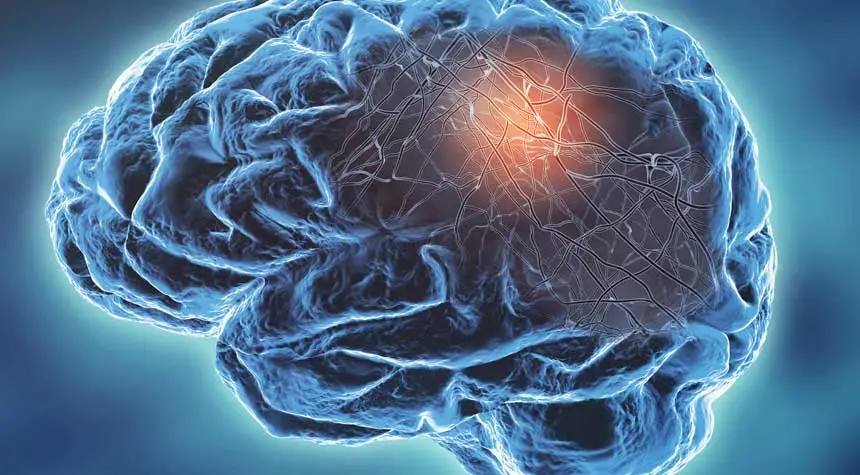Neurological Disorders A Complex Tapestry
Neurological disorders affect the brain, spinal cord, and nerves, impacting how they function. These conditions can vary widely in severity and can affect people of all ages.
Common Neurological Disorders
- Alzheimer’s Disease: A progressive brain disorder that causes memory loss and cognitive decline.
- Parkinson’s Disease: A degenerative disorder affecting the nervous system, leading to tremors, stiffness, and difficulty with movement.
- Multiple Sclerosis (MS): An autoimmune disease that attacks the myelin sheath, disrupting nerve signals.
- Stroke: Occurs when blood supply to the brain is interrupted, leading to brain cell damage.
- Epilepsy: A neurological disorder characterized by recurrent seizures.
- Migraine: A type of headache characterized by severe head pain, often accompanied by nausea, vomiting, and sensitivity to light and sound.
- Headache Disorders: Chronic headaches, including tension headaches and cluster headaches.
- Spinal Cord Injury: Damage to the spinal cord can result in loss of sensation and movement.
- Peripheral Neuropathy: Damage to nerves outside the brain and spinal cord, leading to numbness, tingling, and weakness.
Symptoms of Neurological Disorders
Symptoms of neurological disorders can vary widely depending on the specific condition, but may include:
- Cognitive difficulties: Memory loss, difficulty concentrating, and confusion.
- Motor symptoms: Weakness, tremors, muscle spasms, and difficulty with coordination.
- Sensory symptoms: Numbness, tingling, and pain.
- Emotional changes: Mood swings, depression, and anxiety.
- Seizures: Sudden, uncontrolled electrical activity in the brain.
Diagnosis and Treatment
Diagnosing neurological disorders often involves a combination of medical history, physical examination, and specialized tests, such as:
- Neurological Exam: To assess cognitive function, motor skills, and reflexes.
- Imaging Tests: CT scans, MRI scans, and PET scans to visualize brain and spinal cord structures.
- Blood Tests: To check for underlying medical conditions.
- Lumbar Puncture (Spinal Tap): To collect cerebrospinal fluid for analysis.
Treatment for neurological disorders varies depending on the specific condition and may include medication, therapy, surgery, or a combination of approaches.
If you experience any neurological symptoms, it’s important to consult with a healthcare professional for a proper diagnosis and treatment plan.

